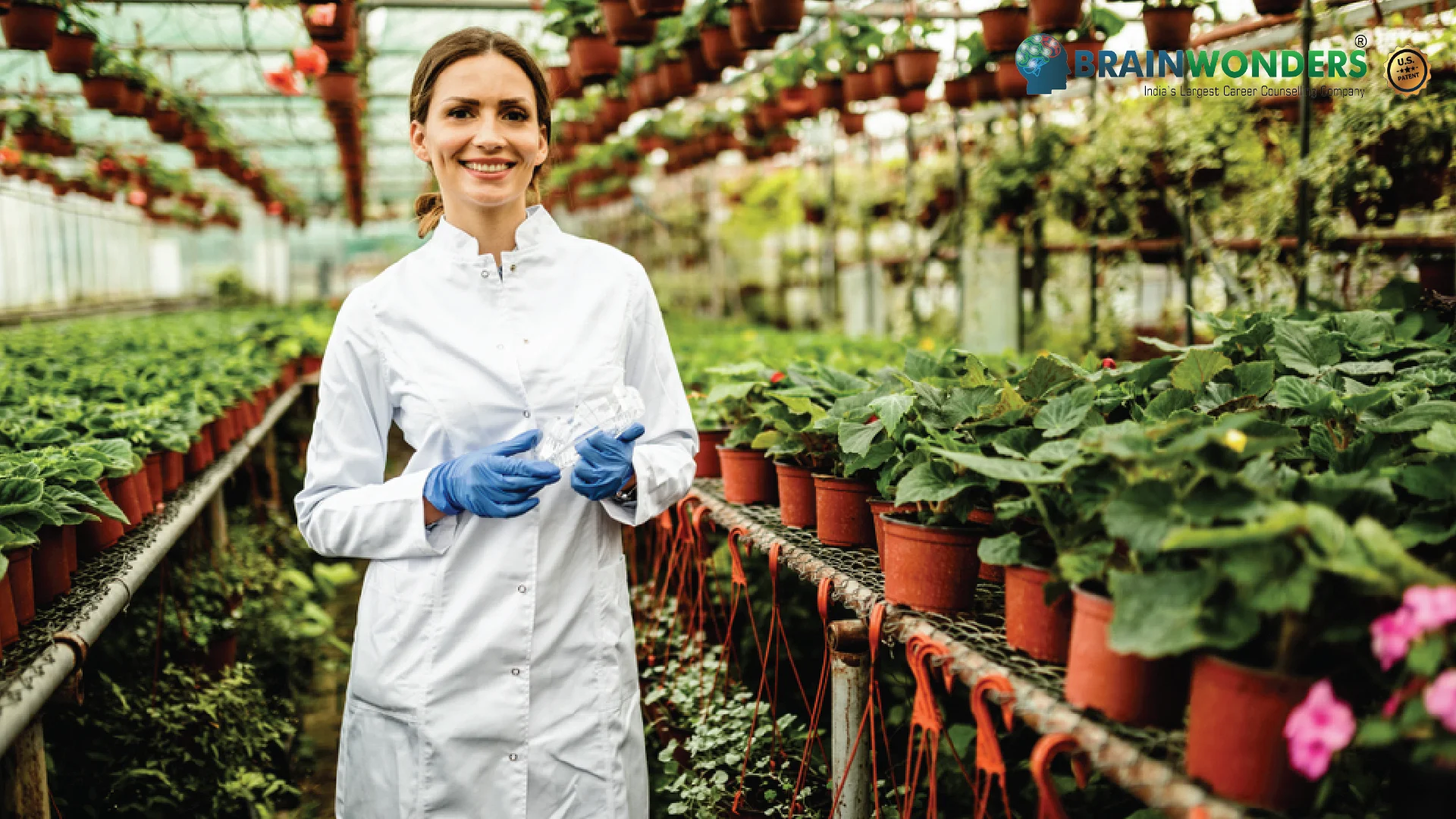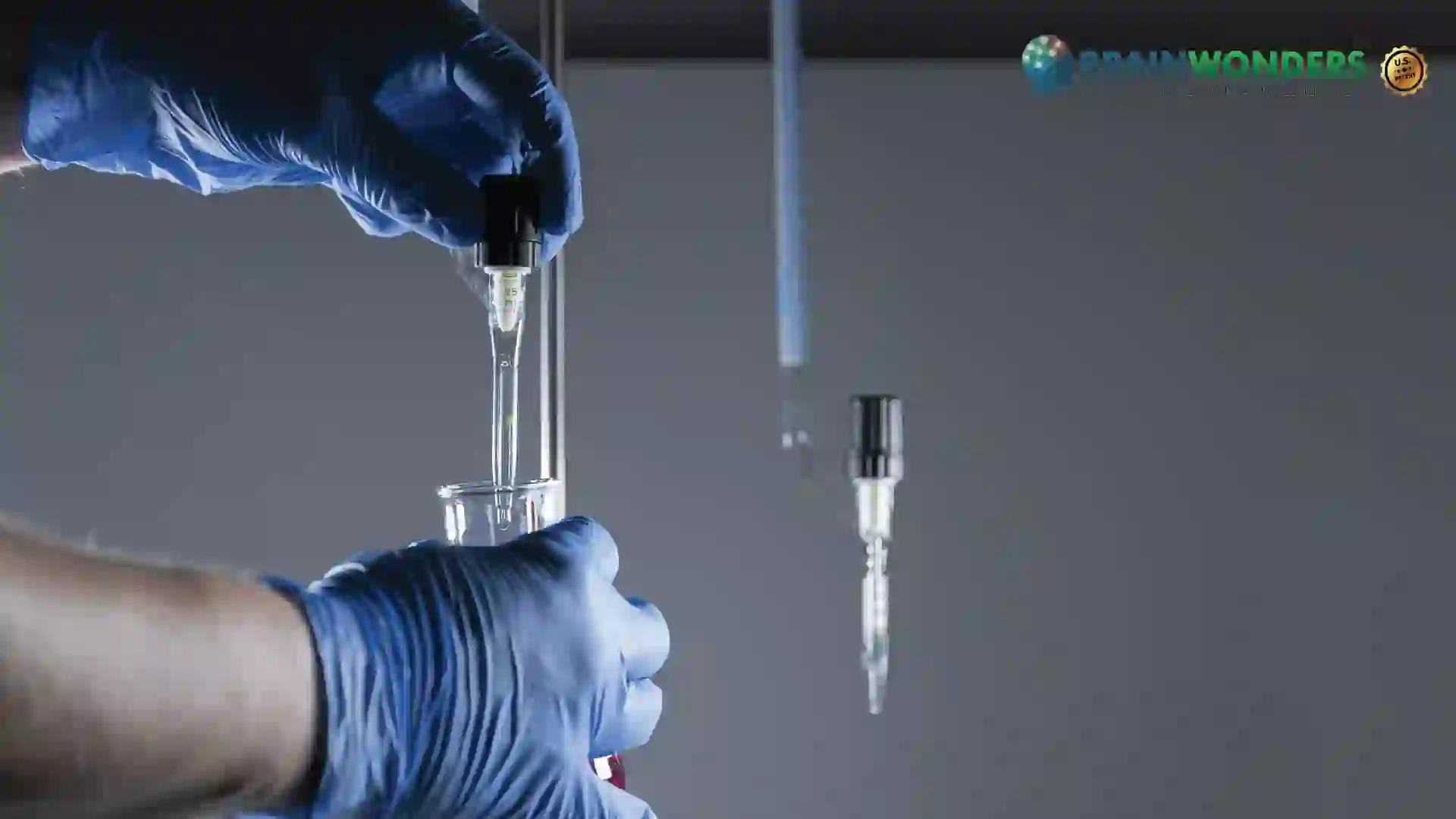How to become a Biologist
Overview, Courses, Exam, Colleges, Pathways, Salary

Overview
Who is Biologist ?
A biologist studies living and dead organisms, specifically their relationship to their environment. Generally, biologists study humans, animals, plants and bacteria to understand how the body and nature works, and how external factors may influence each organism.
Typical day at work
What does Biologist do?
Biology is the scientific study of life and living organisms, biology also focuses on many other aspects such as how an organism came to existence, how it grows, how it functions, what it does, or where it lives.
- Biologists work in various specializations. All Biologists carry out research and work in laboratories to conduct experiments.
- Anatomists study the causes of degenerative disorders and the possibilities of transplant of body organs.
- Aquatic biologists study the effect of pollutants on aquatic life and investigate the quality of water by assessing salinity, oxygen level, acid and organic waste, temperature and light.
- Agronomists study, research and use improved methods of cultivation, farm management, rotation of crops, soil testing, use of fertilizer etc.
- Bioinformatics uses software to derive some useful information from biological database.
- Biochemists study chemical composition of living organisms and deal with understanding the bases in reproduction, heredity, metabolism and growth.
- Biophysicists study the physical properties of human systems. They concern themselves with the energy of living cells and deal with vision hearing, nervous system, brain function, nerve conduction, muscle reflexion as well as the life and destruction of human systems and cells.
- Cytologist’s work relates to breeding and reproduction of plants and animals carrying particular characteristics of hereditary traits.
- Curator looks after rare specimens of biological importance and is involved in their maintenance.
- Economical botanist conduct experiments under controlled conditions to cross breed and develop better yielding plants for mass scale production of crops for use in medicines, oils, gums, fibre or even food crops.
- Ecologist studies the atmosphere, environment and its effect on the growth of plant or animal life.
- Entomologists classify different types of insects and pests and suggest various techniques to destroy them through insecticides or other means.
- Geneticists are involved in the study of heredity and factors governing it. The geneticist is involved in the improvement of plants and animal breeds keeping in view the economic importance.
- Microbiologists study all microscopic or submicroscopic organisms such as algae, bacteria viruses, moulds, yeasts etc. The study of these organisms is used in the food industry, in packaged foodstuffs, as well as for understanding their role in disease and its prevention and control.
- Molecular biologists are involved in bacterial study focusing on improving health care.
- Mycologists analyze fungi useful to agriculture, medicine and industry.
- Paleontologists study fossilized remains of plants and animals to understand their evolution.
- Toxicologists study the toxic effects of various substances on humans, plants and animals. Industrial safety and environmental control is their major concern.
- Wild life biologists study habitats of animals and birds, the conditions needed for their conservation and survival and continued wildlife propagation.
- Zoologists are concerned with the study of animal life. The origin, habits, life history, propagation, growth, relation to environment, genetics and all matters concerning their preservation is the concern of zoologists.
Abilities and Aptitude needed
What are the skills, abilities & aptitude needed to become Biologist?
Right aptitude for understanding of biological, chemical and mathematical concepts. Systematic approach coupled with patience & curiosity. Keen observation. Ability to do hard work, scientific bent of mind, a good approach to teamwork, Interest is human welfare, agriculture, drugs, environment and other areas of work
Pathways
How to become an Biologist?
Entrance Exam
Entrance Exam for Biologist ?
Individual institutions may carry out their own entrance exams for the admission of candidates into the Bachelors course in Biologist. They must have a minimum age of 17 years when they apply. Students who seek to become Biologist should have finished class 12 from any background. Following this, they can get admittance into the Bachelor’s course in biologist. It is also possible for students to go for higher studies in the related subject in well reputed institutions like AIIMS/ All India Institute of medical science or Indian Institution of Science.
Courses
Which course I can pursue?
Best Colleges
Which are the best colleges to attend to become an Biologist?
Industries
Which Industries are open for Biologist?
Biologists have a wide range of career opportunities across various industries. Here are some industries where biologists can find employment:
- Pharmaceutical and Biotechnology
- Healthcare and Medical Institutions
- Environmental and Conservation Organizations
- Academic and Research Institutions
- Government Agencies
- Agricultural and Food Industry
internship
Are there internships available for Biologist?
Take the opportunity to work under a profession that gives you an exposure in all the fields. It will allow you to have a practical learning and will also give you contacts for future reference.
Career outlook
What does the future look like for Biologist?
Biologists have good scope in government sector and in private sector too. Biology related professions are experiencing positive job growth in India. Biologists have excellent pay packages.






